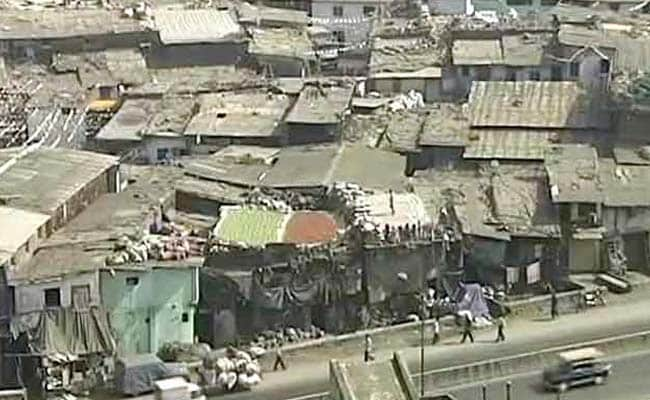
Taking a leaf out of Mumbai's slum rehabilitation policy, Delhi Development Authority (DDA) is now planning to undertake such projects in Delhi only after obtaining the consent of at least 70 per cent of the slum-dwellers.
"As per the objective of this policy, willingness of the slum-dwellers will be paramount.
"It is only after the willingness of the majority of the slum-dwellers in each targeted slum cluster has been obtained by the promoters and a cooperative society registered by them that the project will be taken up," the DDA has said.
The urban body has so far tried in situ rehabilitation or provision of alternative accommodation, but the former housing model applied by DDA at Kathputli Colony was met with stiff resistance.
"As per the new policy, a survey of the identified slum cluster will be carried out by DDA and the cut-off date for eligibility for rehabilitation will be as decided by Delhi Urban Shelter Improvement Board (DUSIB), which is currently June, 2009. This will be updated as and when done by DUSIB," DDA said in a statement.
The survey would record the number of slum dwellers, types of encroachment, viz. industrial, commercial, residential etc. During the survey, the consent of the dwellers will also be taken, it said.
After the survey, DDA will identify the developers depending on the "size of the cluster" to be rehabilitated, which may be 1,000 jhuggis or between 1,000 to 2,000 or even more than 2,000.
"The developers will proceed only when there is consent of 70 per cent or more dwellers and get a cooperative society of slum-dwellers registered through a resolution," it said.
"The developer will be given free-sale component of land as an incentive for taking up the project, which he can sell on the open market. Ratio of free-sale component, as the policy is variable, depends on economic conditions of the site. That is to ensure economic viability of the project," it said.
As per the policy, units under this scheme cannot be sold, assigned, or leased for a period of 10 years. During period of construction, the developer will provide transit accommodation.
"The developer will provide space for all social purposes like community halls, anganwadis, etc. The buildings will be eco-friendly," it added.
The draft policy will be uploaded on to the DDA website for suggestions from the general public and to ensure that there is full public participation in its formulation.
There are 291 slums on DDA land and the housing authority had taken up four of them for 'in situ' development projects.
It is to combat such hurdles as were encountered during the Kathputli project that the draft policy has prescribed consent of the dwellers as a necessary condition, it said.
Track Latest News Live on NDTV.com and get news updates from India and around the world

